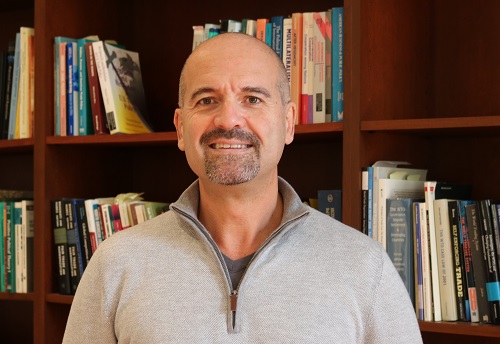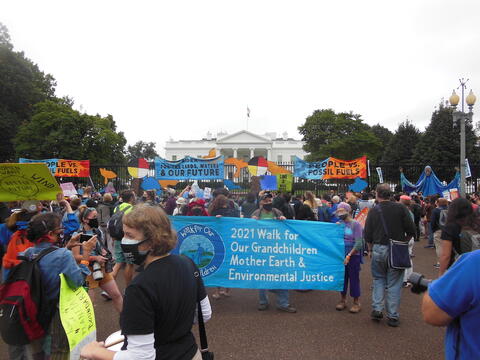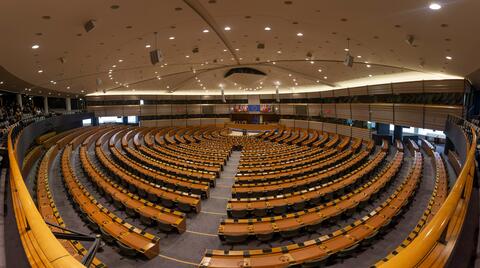
World leaders have engaged in a series of international agreements to slow climate change, including the Kyoto Protocol, the Paris Agreement, and most recently in November 2021, the Glasgow Climate Pact. Yet scientists and citizens – as well as those world leaders themselves – largely agree that these contracts have not gone far enough to prevent the catastrophic effects of a changing climate. What, precisely, is keeping the negotiating parties from making an agreement that rises to the occasion? Can we expect an 11th hour solution?
These questions are the focus of a new working paper by Giovanni Maggi, Howard H. Leach Professor of Economics & International Affairs and an EGC affiliate, and co-author Robert W. Staiger of Dartmouth. The authors create a theoretical model, casting climate change as potentially catastrophic and emphasizing that policies addressing it have intergenerational and international externalities – meaning, they impact future generations as well as other countries.
In an EGC interview, Maggi described the implications of this theoretical model and what it predicts concerning the future of climate change responses. Read the full interview here.




